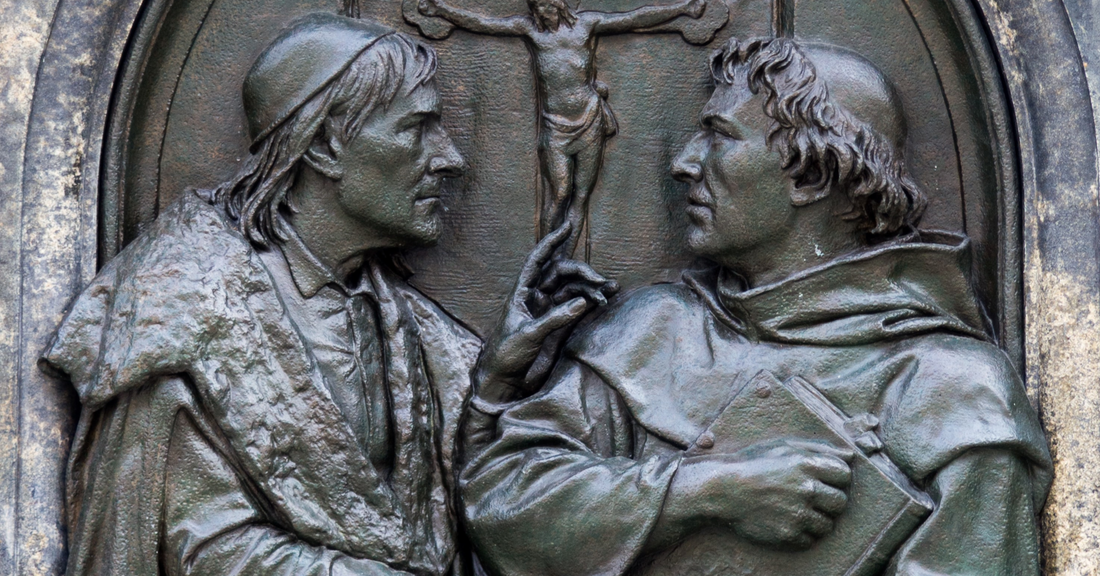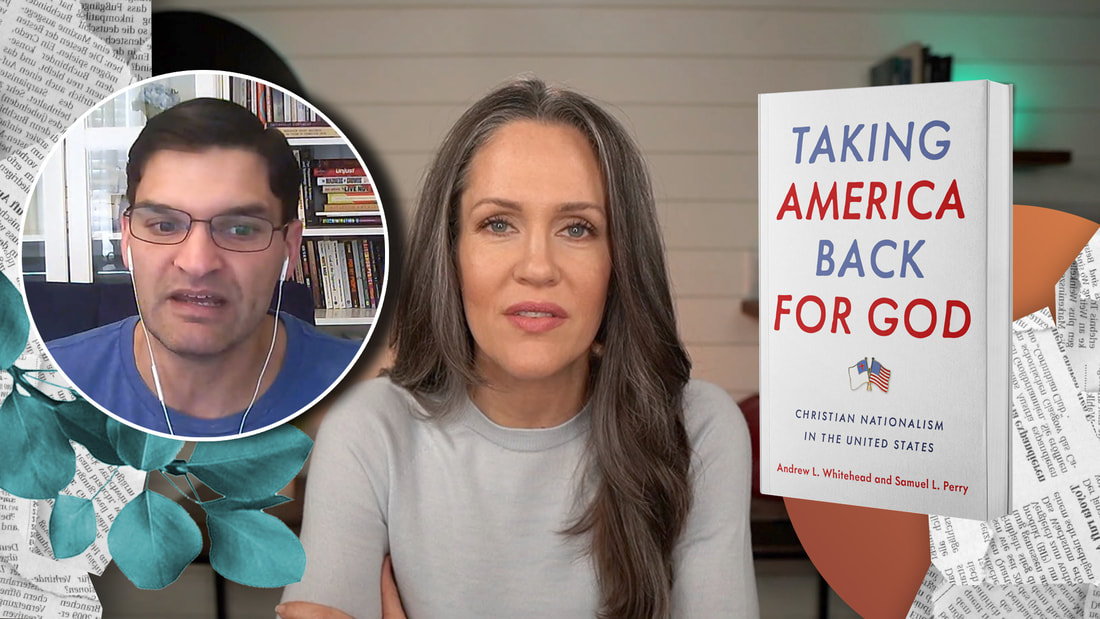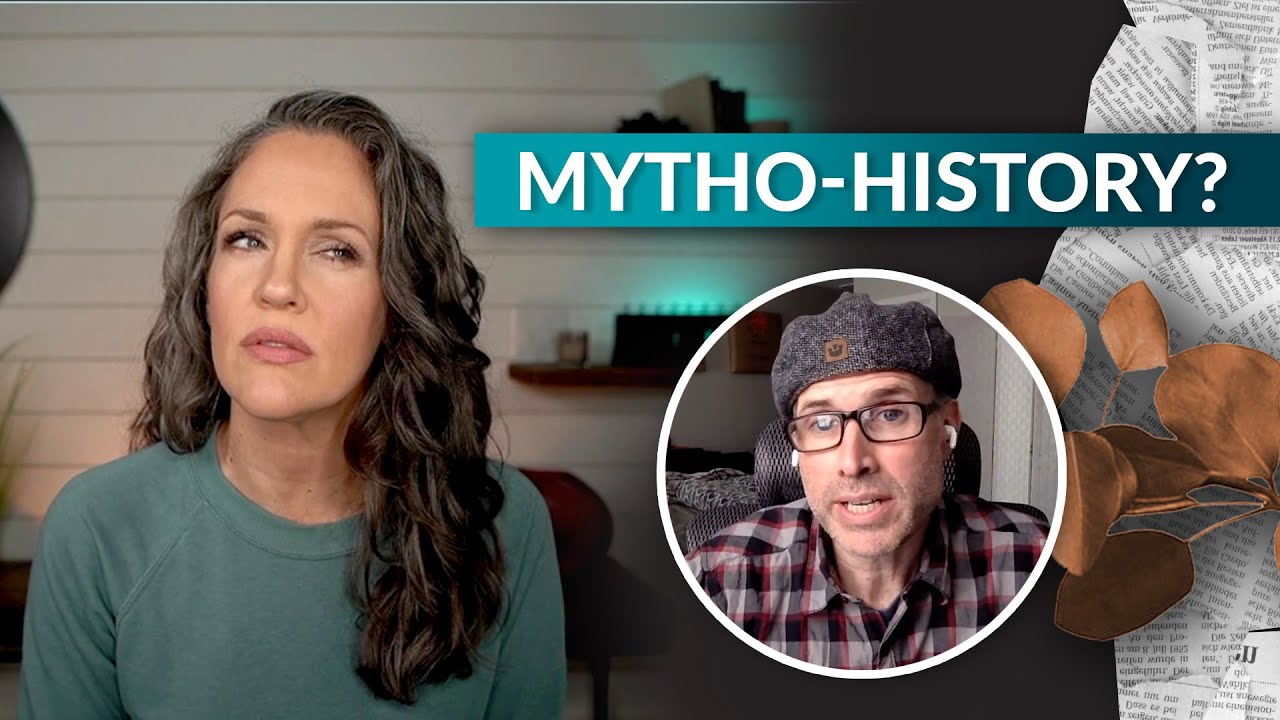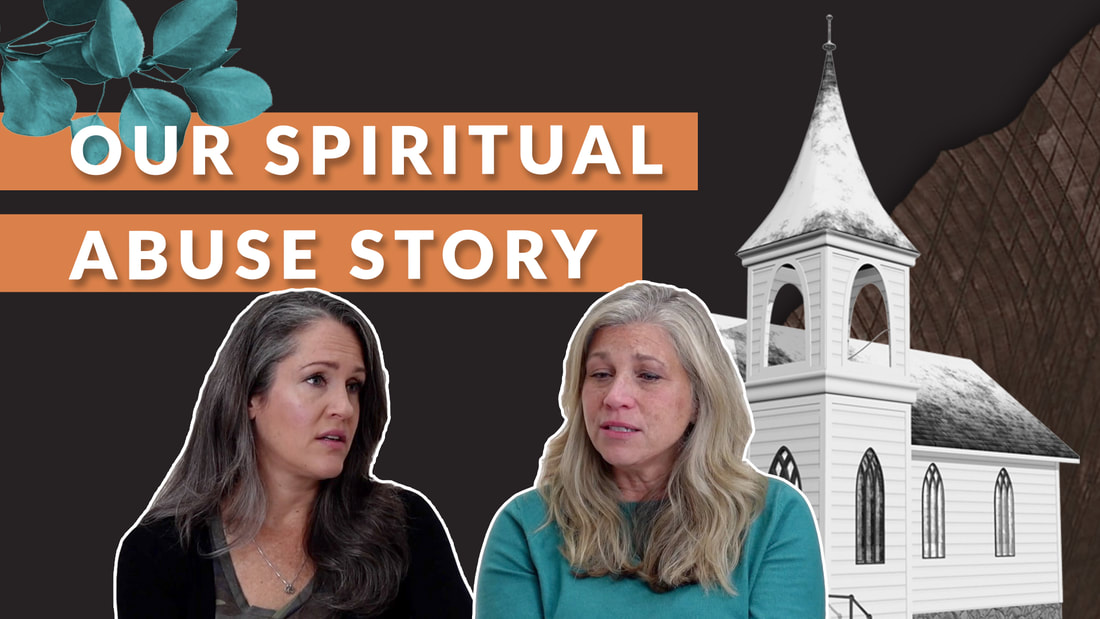|
(To read these posts in order from the beginning, start here.)
Read Hosea 2:15-23 Last time, we stepped into the wilderness to discover that in the Bible, the wilderness is often a harsh and dangerous place God uses to test and refine his people. It is also a place where he provides sanctuary and allows his people to encounter him in powerful ways. Today, were going to go back in time a bit to when Joshua fought the battle of Jericho. Remember the scene? Israel was to surround Jericho and march around the city once every day for six days, and seven times on the seventh day. Just after they marched on the seventh day, God gave them very specific instructions: “Keep yourselves from the things devoted to destruction, lest when you have devoted them you take any of the devoted things and make the camp of Israel a thing for destruction and bring trouble upon it.” (Joshua 6:18) In other words, they were not to take any spoils from Jericho for themselves.
1 Comment
(To read these posts in order from the beginning, start here.) Read Hosea 2:14 Long before God asked Abraham to sacrifice his son Isaac, he had another son, Ishmael. God had promised Abram and Sarai a son, and when he didn’t move fast enough for them, they took matters into their own hands. Sarai gave her handmaid Hagar to Abram as a wife and things didn’t turn out so well. Sarai became jealous of Hagar and dealt harshly with her. So, Hagar escaped into the wilderness with her son Ishmael. This wilderness is where Hagar met God. And here in Hosea, once again we find ourselves meeting God in the wilderness. Our last post left us sitting in the tension of God’s wrath…his controlled righteous anger against idolatry (or anything that falls short of his perfect nature and character). But then, in typical Hosea form, there is a sudden and almost shocking change of tone. “Therefore, behold, I will allure her, and bring her into the wilderness and speak tenderly to her.” I can’t wait to get to that “speaking tenderly part” but I wanted to focus this post on the concept of wilderness, since it is such a recurrent and important theme throughout the Bible. When God brings Israel into the wilderness, he is separating her from the distractions of her adulterous lovers where she can focus entirely on his pursuit of her. (To read these posts in order from the beginning, start here.)
Read Hosea 2:1-13 In America, committed Christians are now a “worldview minority” in an increasingly anti-Christian culture. Israel was not just a worldview minority in their surrounding culture but was a tiny speck on the map of a rapidly expanding and violent Assyrian Empire. They were also surrounded by the polytheism and Baalism of the Canaanite culture. But they were called to worship and depend on Yahweh alone, which made them highly unusual among their neighbors. There’s evidence in Hosea that the Canaanites engaged in ritualistic sexual intercourse with cult prostitutes to stimulate Baal to send rain for their crops and fertility to their wombs. If you could just please the gods, they would take care of you. And often, Israel would play both sides of the fence, even sometimes sanctioning the worship of other gods in official worship centers. And the word Baal?Teeeechnically just meant “my lord.” So, Israelites could justify praying to “my Baal,” thinking they might get a two for one from Yawheh and Baal. But Yahweh wasn’t having it. Israel was his Bride and she was committing adultery with other gods.
This article is in response to this piece from The Gospel Coalition. As a past TGC contributor, as an act of good faith, I did express my concerns directly to TGC before posting my article here.
**Update** The Gospel Coalition was gracious to publish a condensed version of my article on their site. No, Martin Luther Was Not a Deconstructionist. And neither was Jesus. Many years ago, my Christian beliefs were challenged intellectually by a progressive Christian pastor. It threw me into deconstruction that took several years to fully come out of. I would find out later that he himself had already deconstructed and had hoped to propel his congregation into deconstruction so he could convert them to progressive Christianity. He was very good at it. In fact, he was almost totally successful. A few of us came back around to a historically Christian understanding of the gospel, but most did not. Because of this, when “deconstruction stories” started popping up in my social media newsfeed, along with hashtags like #exvangelical and #deconstruction, I paid attention. I’ve been following along… seeking to understand what people mean by those words. I witnessed a hashtag turn into a movement.
(To read these posts in order from the beginning, start here.)
Read Hosea 1:8-11 More than a thousand years before Hosea, there lived a nomadic farmer who was out in the middle of nowhere minding his own business when God started speaking to him. And what God said wasn’t easy. God put Abraham through a grueling test of faith by asking him to slaughter his only son on an altar of wood. This was set to take place at a location that would eventually become the site of the first Israelite temple. Abraham passed God’s test, although God intervened in the last second and refused to let him go through with it. First of all human sacrifice was forbidden by God, as Abraham’s descendants would find out. (Lev. 20: 2-5) So there’s that. But all of this business came about because God was making a much bigger point. No mere human could ever be an acceptable sacrifice. One day, God would provide for himself a sacrifice. More than two thousand years after this incident, John the Baptist would lay eyes on Jesus and declared: “Behold, the Lamb of God, who takes away the sin of the world!” (John 1:29) Remember this idea from the last post? --> God keeps his promises.
(To read these posts in order from the beginning, start here.)
Read Hosea 1:6-7 I will never forget the first time I saw the face of my newborn daughter. She was my first child, and apparently I was expecting to give birth to a carbon copy of myself because I was surprised when I glanced at her tiny head covered with thick black curly hair. I was pretty much bald until I was 5-years-old, so to say this was a shock is an understatement. As I took a few moments to take her in after a scary ordeal of a birth, I noticed that her face didn't look exactly like mine either. In fact, all I saw was the face of my mother in law. One of my first thoughts when I saw my daughter Dyllan, was "I gave birth to Thelma!" (My mother in law is a beautiful woman, so I wasn't complaining.) The love was instantaneous. My husband and I had carefully chosen her name: Dyllan Joi. We opted for a spelling of "Dyllan" that had to do with faithfulness, (although I admit she was born at the tail end of my Bob Dylan phase), and her middle name speaks for itself. Her very existence had brought her parents so much joy. And of course, we had to spell it with an "i" because we just can't do anything normal. The meaning of her name meant the world to us. Her first name was a prayer for her, and her middle name a symbol of what she gave to us. Now imagine that I see the sweet face of Thelm....er....Dyllan for the first time, and God commands me to name her: She is Not Loved. That's exactly what God required of Hosea.
(To read these posts in order from the beginning, start here.)
Read Hosea 1:1-5 God: “Name your kid Jezreel.” I promised it was about to get good! In the last post, we learned that God commanded Hosea to marry an immoral woman (most likely a prediction that she would be unfaithful to Hosea in the future, not an indication she was already a prostitute or sex slave), God was very specific that there would be three children, each with a very significant name.
First up: Jezreel.
Why did God choose this name? “For in just a little while I will punish the house of Jehu for the blood of Jezreel, and I will put an end to the kingdom of the house of Israel. And on that day I will break the bow of Israel in the Valley of Jezreel.” (1:4-5) What’s this all about?
Did Hosea love her?
Well with all the Redeeming Love hullabaloo, I’m momentarily stepping out of 1 John and into Hosea. (If you are unaware of what I’m talking about, I’ll link my short video about it in the comments) Something I didn’t articulate in the video is a point I think it’s vital we don’t miss. First of all, the book of Hosea in the Bible is not a love story. I repeat…. It is not a love story. In fact—and here’s the point I don’t want us to miss—the Bible is silent on Hosea’s feelings about the whole marrying an immoral woman situation. She Was Saved out of the Occult—Ask Her Anything! With Jac Marino — The Alisa Childers Podcast #13111/21/2021 |


























 RSS Feed
RSS Feed


